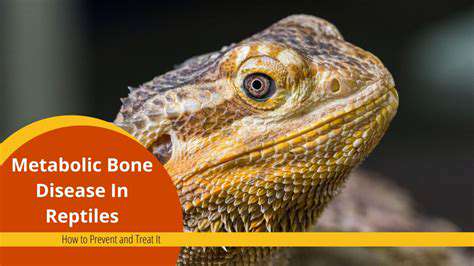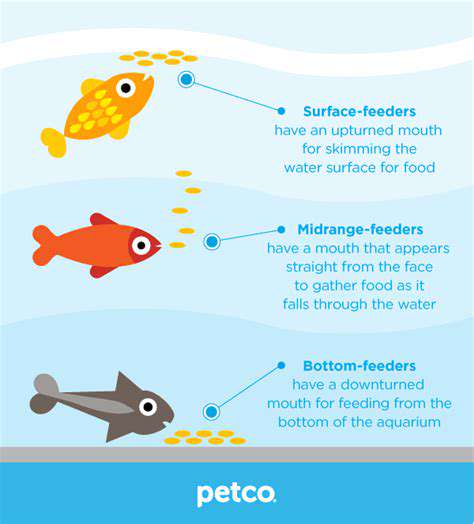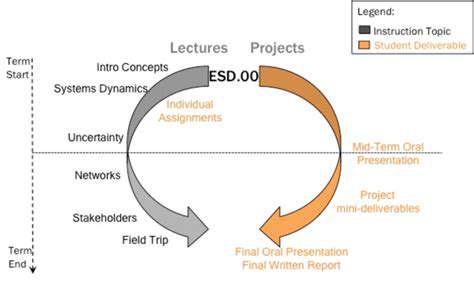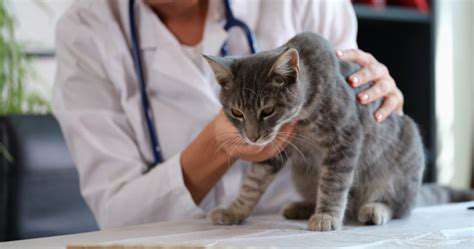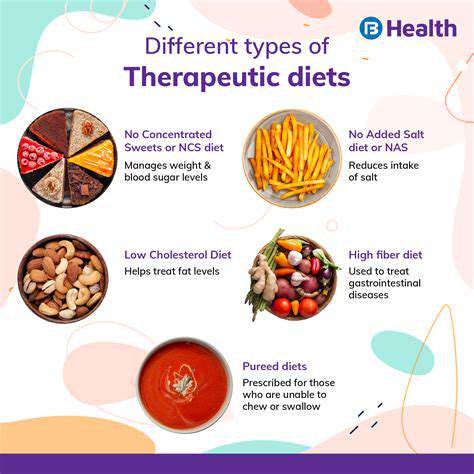Common Small Animal Illnesses
Common Gastrointestinal Issues in Small Animals
Stomach and gut troubles happen often in small pets. These range from mild tummy aches to serious, dangerous conditions. Knowing causes and symptoms helps vets treat problems quickly. Fast action usually means better outcomes for sick pets.
Many things upset pet stomachs - bad food choices, infections, worms, or hidden health issues. Good meals and clean homes help digestion stay healthy. Owners should watch for changes in how pets eat, poop, or act.
Dietary Issues and Their Impact
Eating garbage or poison often causes sudden stomach trouble in pets. This leads to vomiting, diarrhea, and belly pain. Wrong foods or quick diet changes also disrupt digestion. Talking to vets about proper meals and feeding times keeps pet stomachs happy.
New foods should come slowly for pets used to steady diets. Watch how pets handle diet changes. If food seems to cause problems, vets can help find solutions.
Infectious Causes of Gastrointestinal Distress
Germs from dirty food or water cause major stomach upset. Bacteria bring vomiting, diarrhea, and dangerous fluid loss. Viruses like dog parvovirus create severe gut problems needing hospital care. Suspected infections need immediate vet attention.
Worms also bother pet stomachs. These parasites cause ongoing diarrhea, weight loss, and other issues. Regular worm prevention keeps pets healthier. Vet checks and poop tests find and fix worm problems.
Parasites and Their Role in GI Problems
Worms and tiny parasites cause various stomach troubles. These pests lead to chronic diarrhea, weight loss, and belly discomfort. Regular parasite prevention lowers infection risks. Poop tests often find parasites early for faster treatment.
Many parasites spread easily through households. Deworming and clean homes protect all pets and people.
Underlying Medical Conditions and Their Symptoms
Hidden health problems like pancreas inflammation or bowel disease cause ongoing stomach trouble. These need special vet care and long-term management. Knowing about possible hidden issues helps with stubborn stomach problems. Full vet exams guide proper treatment.
Constant vomiting, diarrhea, or weight loss always need vet checks. Finding hidden problems early leads to better outcomes.
Dental Issues in Small Animals: Common Oral Problems
Dental Caries in Dogs and Cats
Tooth decay happens often in older pets. Mouth bacteria make acid that eats tooth surfaces. This acid can reach deeper tooth layers, causing cavities and infections. Regular tooth brushing and professional cleanings prevent damaging buildup. Catching problems early stops worse damage and body-wide issues.
Bad breath, eating problems, mouth pawing, or visible tooth changes signal decay. These signs mean vet dental checks right away.
Periodontal Disease in Small Animals
Gum disease starts with plaque buildup causing red, swollen gums. Without treatment, it damages tooth supports and bones, leading to tooth loss.
Finding gum disease early prevents permanent damage and whole-body health risks. Regular vet visits and home dental care stop problems before they begin.
Fractures and Trauma to Teeth
Accidents sometimes break or knock out pet teeth. Injuries range from small chips to complete tooth loss. Quick vet care assesses damage and plans treatment - possibly repair or removal. Injury severity and pet health guide treatment choices.
Oral Tumors in Dogs and Cats
Lumps can grow in pet mouths on gums, tongues, or roofs. Some are harmless while others are cancerous. Finding them early improves treatment success. Regular vet checks and watching for mouth changes help catch problems.
Malocclusion and Dental Malformations
Bad bites happen when teeth don't line up right, often from genetics. This causes uneven wear, chewing trouble, and mouth pain. Extra, missing, or odd-shaped teeth also cause problems. Vets sometimes need to fix these issues for pet comfort and health.
Foreign Bodies in the Mouth
Pets sometimes get toys, food bits, or other objects stuck in their mouths. These can hurt mouth tissues and need quick removal. Keeping dangerous items away prevents these emergencies.
Dental Abscesses
Tooth or gum infections can form painful pus pockets. These start from decay, gum disease, or other mouth problems. Bad abscesses might spread infection through the body. Fast vet care drains pus and fixes the root cause to prevent worse trouble.
Skin Conditions: Allergies and Parasites
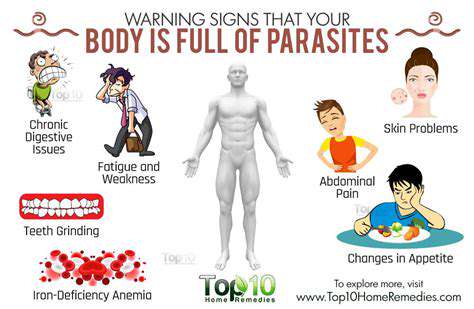
Understanding Allergic Reactions
Allergies happen when immune systems overreact to harmless things like pollen, dust, or certain foods. This causes itching and swelling. Finding the specific trigger helps treatment and prevention. Common troublemakers include plant pollens, dust mites, animal dander, some foods, and certain medicines. Avoiding known triggers often helps control allergic skin reactions.
Allergy severity depends on personal sensitivity, exposure time, and trigger strength. People with allergy histories react worse than others. Repeated contact often makes reactions stronger over time. Knowing personal triggers and their effects helps manage allergies better.
Parasitic Infections of the Skin
Tiny creatures like mites, lice, and fungi cause parasitic skin infections. These pests live on or in skin, causing itching, redness, and swelling. Different parasites cause different symptoms. For example, scabies mites create intense itching and rashes in skin folds. Proper treatment requires identifying the specific pest and using the right medicine.
Different parasites need different treatments. Store-bought remedies might help temporarily but rarely cure infections. Doctor visits ensure correct diagnosis and treatment for parasitic skin problems.
Diagnosing Skin Conditions
Correct diagnosis guides effective treatment. Doctors use medical histories, physical exams, and sometimes skin biopsies. Detailed histories reveal possible triggers. Physical exams show skin appearance and problem patterns. These steps help uncover what's really causing skin trouble.
Sometimes allergy tests or skin sample exams provide more answers. Test results create personalized treatment plans. Lab tests give clear answers to guide treatment choices.
Managing Skin Conditions
Good skin care combines medicine with lifestyle changes. This approach treats root causes, uses prescribed drugs, and prevents future problems. Goals include symptom control, stopping worsening, and promoting healing. Successful management usually means avoiding known triggers and taking preventive steps.
Daily habit changes help manage skin conditions. Avoiding irritants or allergens cuts outbreak frequency and severity. Healthy eating and drinking enough water support skin health and may help some conditions. Regular dermatologist visits adjust treatments as needed.
Read more about Common Small Animal Illnesses
Hot Recommendations
- Feeding Your Small Animal: Safe Foods
- How to Teach Your Dog to Play Fetch
- Heartwarming Stories of Pets in Retirement Homes
- How to Teach Your Dog to Leave It
- My Pet's First Snow Experience [Story]
- Review: [Specific Brand] Pet Water Fountain
- Guide to Dealing with Aggression in Dogs
- Guide to Using Positive Reinforcement in Training
- Living with a Pet Who Loves the Outdoors
- Guide to Puppy Obedience Training
